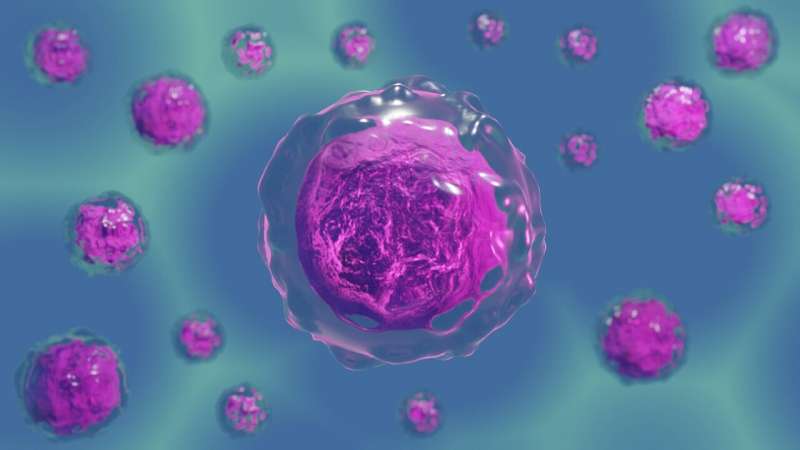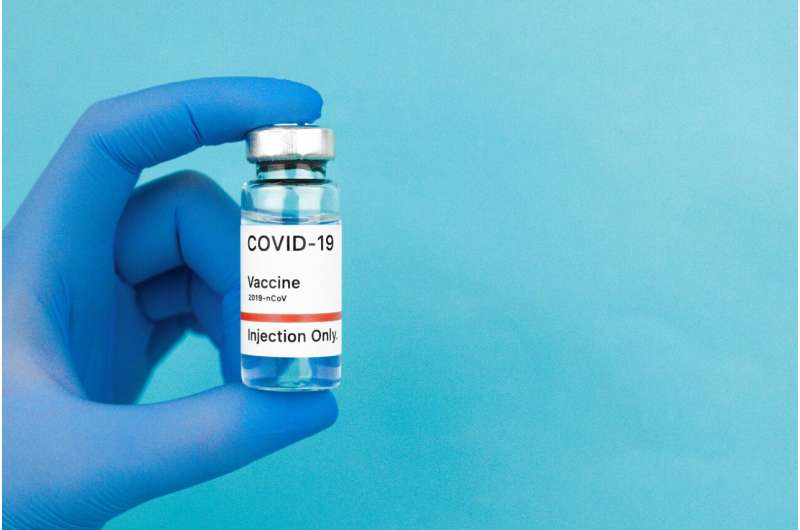New Clinical Trial Demonstrates Potential of Vitamin B3 Derivative in Managing Premature Aging Disorder

A pioneering clinical trial demonstrates that nicotinamide riboside, a Vitamin B3 derivative, can improve health markers and reduce complications in patients with Werner syndrome, a rare premature aging disorder.
Werner syndrome (WS) is an exceptionally rare genetic disorder characterized by accelerated aging, affecting approximately nine individuals per million in Japan. Patients with WS typically begin developing age-related symptoms such as gray hair, hair loss, cataracts, diabetes, skin ulcers, cardiovascular diseases, and cancer in their twenties. These symptoms often lead to severe complications like untreatable skin ulcers, which may necessitate limb amputations, and result in early mortality.
Recent studies have shed light on the role of NAD⁺, a vital molecule involved in energy production and DNA repair, which is found at decreased levels in WS patients. This depletion is believed to contribute to the disease's progression. While directly supplementing NAD⁺ in mammals isn't feasible, its precursor, nicotinamide riboside (NR), has shown promise in animal models and human trials, demonstrating benefits such as lifespan extension and mitigation of age-related decline.
A groundbreaking study led by Associate Professor Masaya Koshizaka from Chiba University conducted the first rigorous clinical trial testing NR in WS patients. Published in Aging Cell on June 3, 2025, this research involved a randomized, double-blind, placebo-controlled crossover trial spanning 52 weeks, during which participants received either NR or a placebo.
The results revealed that NR supplementation effectively increased blood NAD⁺ levels, leading to significant improvements in arterial stiffness, a key risk factor for cardiovascular disease. Additionally, the treatment reduced the size of skin ulcers and slowed kidney function decline without causing any serious side effects. Blood metabolite analysis indicated that NR could also protect kidney health by lowering levels of compounds associated with renal impairment.
Experts from Niagen Bioscience, including Dr. Yasmeen Nkrumah-Elie, highlighted the importance of these findings, emphasizing that restoring NAD⁺ could target multiple systemic symptoms of WS. Dr. Koshizaka pointed out that NR might serve as a therapeutic avenue for arteriosclerosis, skin ulcers, and kidney deterioration—common and severe complications faced by WS patients.
The implications of this study extend beyond WS, offering insights into potential interventions for age-related diseases. Although larger studies are necessary, these initial results bring hope for a treatment to improve quality of life and manage symptoms of premature aging conditions. As Dr. Koshizaka articulates, this research could accelerate the development of therapies not only for WS but also for other aging and degenerative disorders, helping to extend health span and enhance overall well-being.
Stay Updated with Mia's Feed
Get the latest health & wellness insights delivered straight to your inbox.
Related Articles
New Survey Reveals Higher-than-Estimated Use of Illicit Opioids Among Americans
A new survey reveals that illicit opioid use among Americans is much higher than federal estimates, emphasizing the need for better real-time monitoring to combat the opioid crisis.
Breakthrough in Biological 'Artificial Intelligence' System by Scientists
Australian scientists have developed PROTEUS, a revolutionary biological AI platform that accelerates molecular evolution within mammalian cells, opening new horizons for gene therapies and drug development.
Australian Study Confirms Link Between mRNA COVID-19 Vaccines and Menstrual Cycle Changes
A new Australian study confirms that mRNA COVID-19 vaccines are associated with temporary menstrual cycle changes, emphasizing the importance of community listening and advanced data analysis in public health.
Why Avoiding Alcohol Is Crucial for Injury Recovery
Discover why abstaining from alcohol is essential for effective injury recovery. Learn how alcohol hampers immune function, muscle rebuilding, and healing processes to ensure a faster, safer return to health.



